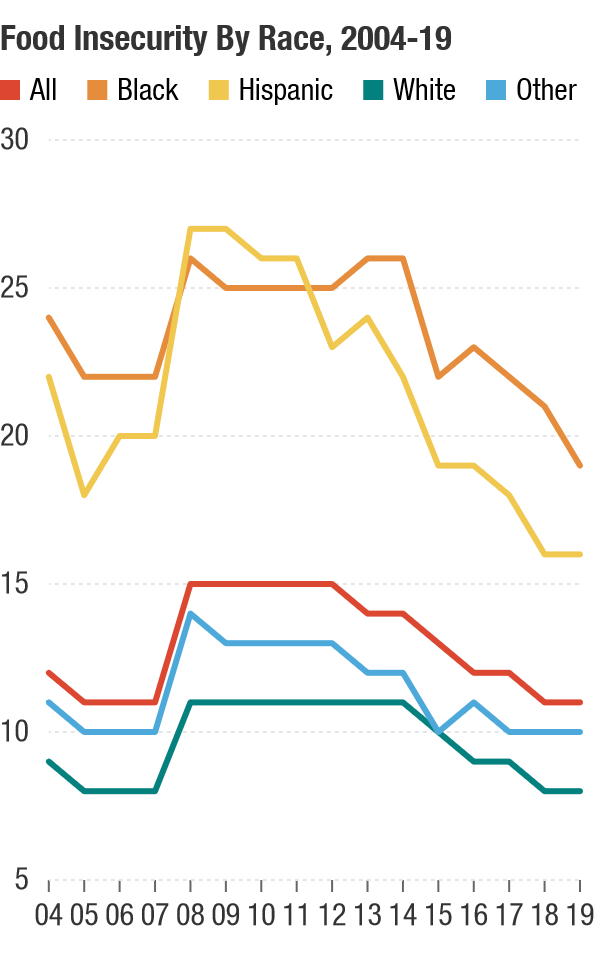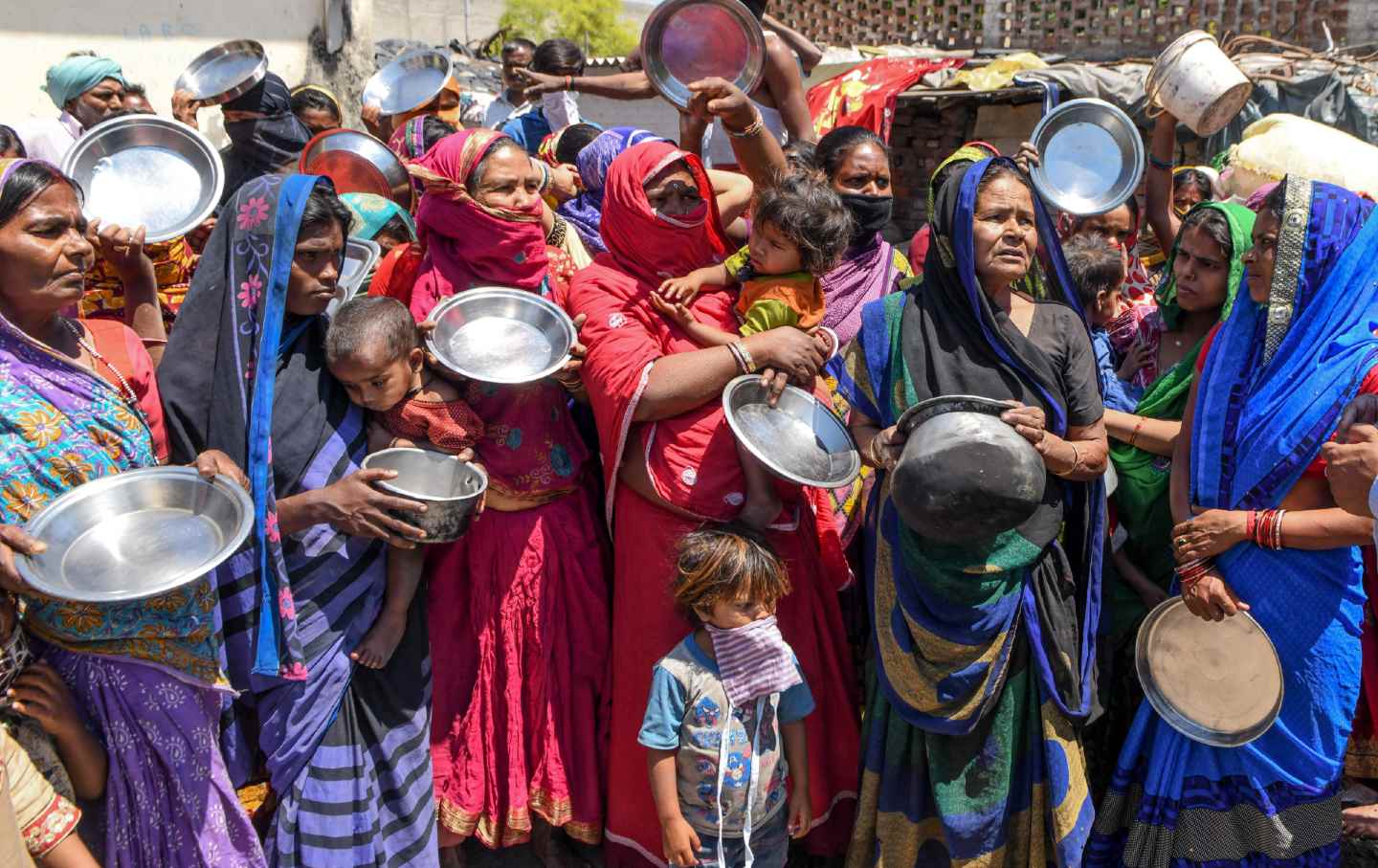How Did Americans Respond To Food Shortages During The War
Every documentary I watch says that nations crumbled due to mostly food shortages during conflict. During the Second World War at least 20 million people died just such a.

Africa Hunger Famine Facts Faqs And How To Help World Vision
Athe draft which allowed southerners to be exempt if they owned a certain number of slaves.

How did americans respond to food shortages during the war. WW2 saw the introduction of the K ration pack. Agents from the Confederate government requisitioned food and livestock taking them for the. Southern civilians turned to.
Bfood shortages especially as the Union tightened its blockade. The food supply was so ample in fact that when World War I broke out in Europe in 1914 the United States first response was to become the foremost supplier of food relief aid. They were frequently led by women who struggled to feed their families while.
Dthe decision of the Confederate Congress to issue paper money. A new book examines how food figured into the major powers war plans. There were fuel shortages which compounded the food-shortage problem and homes could not be warmed in the winter.
This is a somewhat crudely translated sorry text from this site which is in Norwegian and it is a typical situation for those who werent bombed sent to concentration camps or who lost their homes due to the. Lots of businesses failed during the Depression. In May 1943 an opinion poll found that rationing and wartime food shortages had barely made any impact on American meals.
Food shortages in Germany became severe towards the end of the war. Click again to see term. Many people did not have enough to eat during the Depression.
Arent farmers feeding the same amount of people that they did during peace time. Many of those who normally did these jobs were away fighting the war. Two-thirds of the women surveyed asserted that their diet had changed very little since the introduction of rationing and three-quarters of the women acknowledged that the size of their meals had stayed the same.
But food rations werent the only shortages people faced. The food crisis behind the lines caused numerous families to accept handouts in the form of public or private assistance and to barter for the basic necessities of life. Strikes were common in all the combatant countries.
Their were food shortages because of the drain of manpower into the army the Union occupied food-growing areas slaves were drafted into the army and women would start food riots. That meant less food to eat. Food was either blockaded by the British or requisitioned by the colonial army.
Hard-hit countries like France and Belgium received dedicated shipments and private organizations spent more than 1 billion to distribute 5 million tons of food across enemy lines. Answer 1 of 2. Someone tell me the obvious answer.
For example Germany and Japan during the World Wars. Cthe heavy taxes on planters who resented paying the majority of the wars costs. My parents told me stories about food shortages during the war and the general perception is that the people living urban had a harsher time during the war foodwise.
The February Revolution was initiated in Petrograd by women workers protests over bread shortages. Food riots in which working-class women and soldiers wives figured prominently were a frequent occurrence. Since many of the men who joined the army were farmers the wives and children they left behind had to do the farmwork.
Northern civilians did without manufactured goods during the war. Food Administration was established to manage the wartime supply conservation distribution and transportation of food. Most armies will have equivelents.
Bread was very expensive during the Depression. As the war went on and the men were away for longer periods there was less to send. The Union blockade of Southern ports added to the shortages in the South.
Farmers had a tough time growing wheat during the Depression. Northern civilians did not suffer from food shortages during the war. Southern civilians suffered from food shortages during the war.
In the early days of the Civil War people sent food and clothing to their family members in the army. The creation of a Special Council for Food in 1915 the imposition of rationing and other measures did little to alleviate the problem. Both Germany and Britain tried to starve each other.
In an attempt to flee from the enemy many thousands were swept into areas believed to be safe from invasion. Shortage of food those living in so called refugee havens like wise faced the problem. Rent increased and so did the length of the work week although workers salaries stayed stagnant.
Food shortages returned during the American Revolution. People did without some things we consider common or they found substitutes. Tap again to see term.
Our own 24 hour ration pack in the British army had evolved remarkably between 1940s and 1970s I dont know about the US ones. On August 10 1917 shortly after the United States entered the war the US. As such areas contracted with each passing month more and more people were herded into less and less space.
Citizens of the south suffered food shortages during the civil war because of the difficulties of planting and harvesting crops. The war lasted from 1861 to 1865 and soldiers were away from home for months and sometimes years. The Union navy blockaded Southern ports to stop ships from bringing in supplies.
Merchants often hoarded commodities like tea coffee sugar and flour. Its a much discussed subject in the forces. Between 1776 and 1779 30 food riots broke out in the colonies.

How Bread Shortages Helped Ignite The French Revolution History

The Soviet Union And The United States Revelations From The Russian Archives Exhibitions Library Of Congress

Food Insecurity In The U S By The Numbers Npr

Covid 19 S Third Shock Wave The Global Food Crisis The Nation
Komentar
Posting Komentar